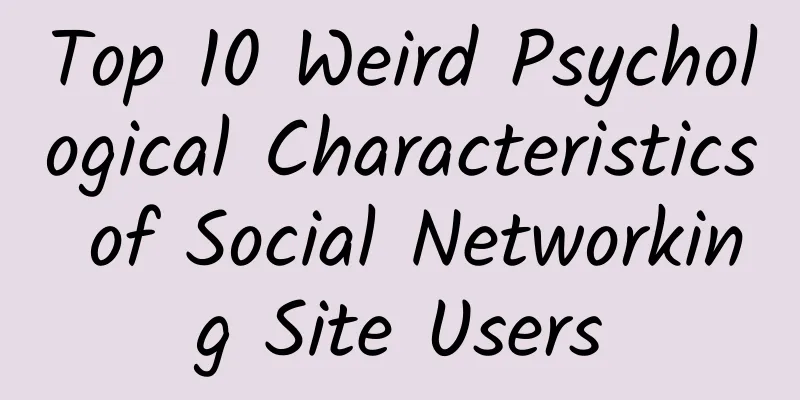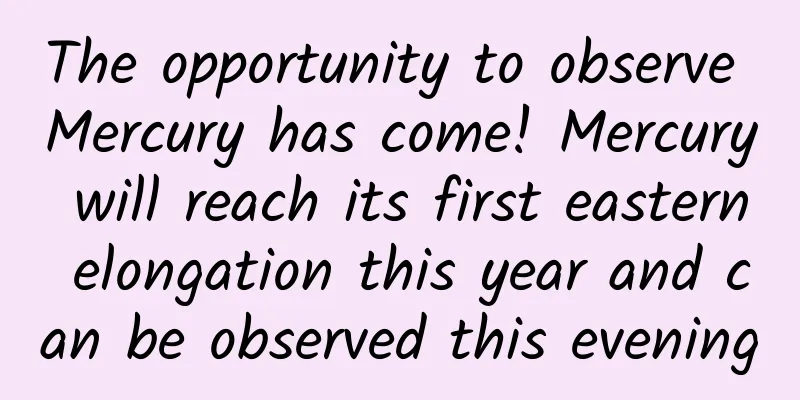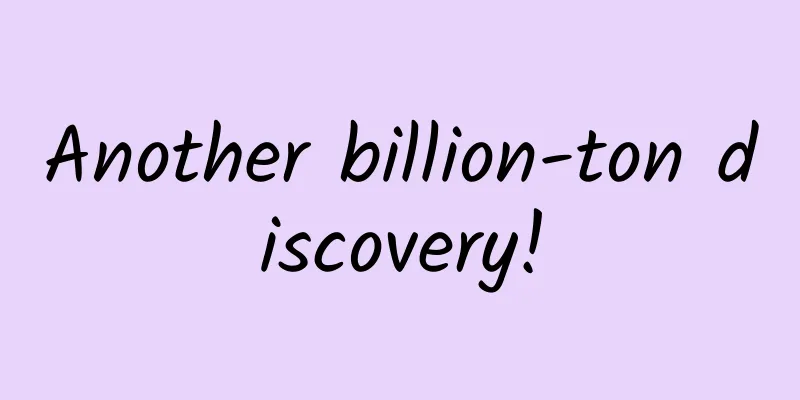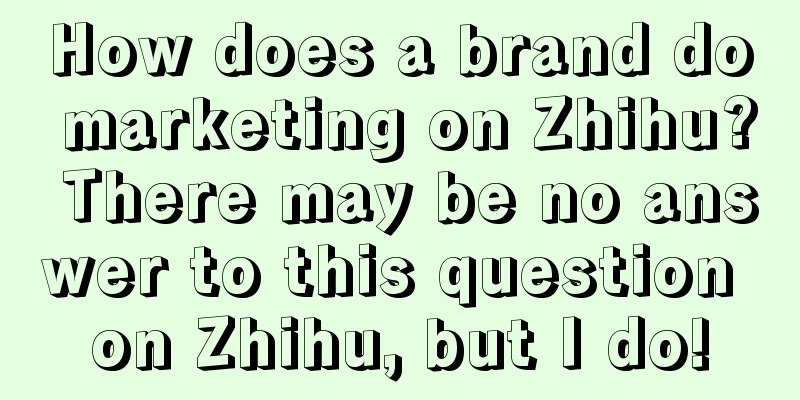Top 10 Weird Psychological Characteristics of Social Networking Site Users

|
With the popularity of social networking sites, most netizens are inevitably integrated into this online social torrent. Although online social networking is not created out of thin air, it is also a transfer and deformation of the real relationship chain. However, in this more scalable virtual space, the user's psychology presents some characteristics that are different from real social networking. The following ten are some user psychological phenomena discovered by the author in the process of daily observation or research. Some of them may not have been strictly demonstrated and may only represent a part of social users. I hope to share and discuss with you.
1. Negative venting: bad things are always easy to spread. For a while, everyone was complaining about too much negative energy on Weibo, with all kinds of revelations, revelations, and negative social news being forwarded and forwarded on Weibo. For a while, positive energy became a scarce tonic. Studies have shown that angry Weibo posts are much more likely to be forwarded or become the target of angry reactions than disgust, happiness, and depression. Analysis of Twitter blog posts also found that among the 203 sub-emotions detected, negative emotions appeared more frequently and were more diverse. Think back, when writing a new Weibo, is it easier to complain about work problems, environmental pollution, obstacles in doing things, and social injustice? On social networks, negative emotions are always easier to create and spread. Left: Each black dot represents a user. Right: Each dot represents a Weibo post. Red represents anger, green represents happiness, and blue represents sadness. 2. Fear of loss of information: Is good and useful information slipping away quietly? After Weibo launched the "smart sorting" function, it was criticized by many users. When it comes to information screening, users seem to have great distrust of the work done by machines. In the era of information explosion, everyone is faced with a huge amount of information. Many users complain that they cannot read all the information, and the cost of screening is too high. However, if they let others (such as algorithms) screen for them, users will worry about missing some important content. Complaining about too much garbage but afraid of missing useful information, as if useful information is quietly slipping away from us one by one, this is the fear of loss that users have when facing information. 3. The pleasure of voyeurism - I want to see others but don't want to be seen Some users often say, "It would be nice if Weibo had visitor records," while others strongly oppose this, fearing that their browsing history will be exposed. Do users really need or oppose visitor records? In fact, except for special scenarios (such as male-female hookups, male-male hookups, etc.), most people just want to spy on others without being spied on. This is the privacy view of most people in the online world. In terms of visitor records, I just want to see who has recently viewed my homepage, but at the same time I can view other people's homepages without leaving any traces. 4. The pleasure of watching - Curiosity and watching are my online life Watching has changed China, and the Internet has made it possible for people to fulfill their desire to watch without any obstacles. They don’t need to move a stool or pay for tickets. They can watch small things in their friends’ circle or irrelevant news hot spots and social events. On social networks, everyone seems to have a pair of curious eyes, always looking for fun things and things that break the routine. 5. The trouble of vanity - a decrease in the number of fans brings greater psychological fluctuations than an increase in the number of fans Many people regard fans as face and capital for showing off on Weibo. They are very happy when their fans increase, but sad when they lose fans. Which psychological fluctuation is more intense, gaining fans or losing fans? Behavioral economics believes that people always have a strong tendency to avoid losses: the psychological feeling caused by a certain amount of loss is about as strong as the feeling of gaining twice the amount. In other words, the psychological loss of losing 1 fan needs to be compensated by gaining 2 fans. 6. The show-off of transition - my life is extremely wonderful Erving Goffman, an American sociologist, proposed the theory of self-presentation or impression management, inspired by his observation of theatrical performances. He viewed people in society as actors performing on stage, using various props - symbols (language, text, non-verbal body language or facial expressions, etc.) to pre-design or display their own image - to perform and strive to achieve good results. Social platforms are like stages, and people only selectively perform on these stages, showing the wonderful side of life and the side of personality. Therefore, when the holidays come, Weibo, WeChat, and Renren are full of people showing off their travels, happiness, and joy. In fact, people just move the performance venue from offline to online, telling people around them: My life is extremely wonderful. 7. Pretend to care - Like is actually SO WHAT There is a group of people on social platforms called "likers". In the short period of 2011-2013, the number of "likers" on QQ Space alone was 27 million in July 2011, and the number of "likers" expanded to 300 million in July 2013, which is more than 10 times the number of "likers". At the same time, according to daily like statistics, the average number of likes on QQ Space exceeds 200 million per day, which is 111 times higher than that two years ago, and the peak number of likes in a single day has exceeded 300 million. Do the "like maniacs" really agree with the content you posted? Apart from obsessive-compulsive disorder and expressing madness and gloating, "like" seems to be just a fake concern. They are unwilling to pay the cost to comment and leave messages, and use the cheapest way to tell you that they are interacting with you. If there is a "so what" function, it will probably be more popular than "like". 8. Sentiment of sound and color - prefer to watch pictures and videos Which one is more eye-catching, a pure text post or a post with video or picture? Giving each paragraph of text a good picture, or posting a post with video, these principles have become basic common sense for Weibo operators. According to the British Daily Mail, through a comparative analysis of more than 400,000 randomly selected Twitter microblogs, it was found that microblogs with pictures are more likely to be forwarded, with a forwarding rate 94% higher than that of pure text microblogs. Users prefer intuitive and impactful pictures and videos, because watching rich media information brings more pleasure than reading text, and it also saves cognitive costs. 9. Spoiled mysophobia - "Unfollowing the ads on GoGo" Internet users who have always been in the free Internet culture seem to be particularly sensitive to advertisements. According to eye tracking research, Internet users have learned to avoid looking at advertisement modules only when they browse a website for the second time. On social networks, users are even more sensitive and even irritated by advertisements. This may be because users have a stronger sense of territorial ownership on social networking sites compared to traditional websites. Users regard social networking sites as places to obtain personal information and communicate with friends. Therefore, they are not only dissatisfied with the advertisements on social platforms, but also almost harsh on the people they follow. On Weibo, users often blurt out: "Ad dog, unfollow me." Think about the indifference of social network users when facing ubiquitous advertisements when watching TV, movies, or taking public transportation. Have social network users been spoiled to have mysophobia? 10. Circle of vision - I focus on the whole world The Internet is just an extension of real life. People in the real world will also join small groups and pay attention to topics and news that they care about, and this feature is further strengthened on social networks. Small circle culture, fan culture, "standing in line" in various quarrels and arguments, your follow list is your world. Everyone's vision and values are strengthened by the stories of these people, but they are also inevitably limited by them. Listening to one side leads to ignorance, listening to both sides leads to enlightenment. When you feel that there is nothing to read on Weibo and it starts to become boring, consider paying attention to some new people and things, jumping out of the inherent vision, and looking in a different direction. |
<<: An irresponsible guide for non-professionals to learn programming
>>: Why hasn't Google produced a product that revolutionized the world since search?
Recommend
How much does it cost to renovate a second-hand house in Lanzhou? How much does it cost per square meter to renovate an old house?
Unlike new houses, second-hand houses require mor...
Alpine wetlands also have "SpongeBob", with water holding capacity up to 2000%
The cartoon "SpongeBob SquarePants" tel...
After reading this, do you still dare to say that you are doing information flow advertising?
It is an indisputable fact that the entire Chines...
Slide-out menu
Source code introduction: 1. Easy-to-use left-swi...
Dangdang has remained silent after the merger and acquisition. What will be its next move?
On the evening of April 11, Tianhai Investment, a...
How to plan an event? 6 big steps!
The concept of "organizing an event" ma...
Is this winter colder or warmer? The answer is revealed
Another winter has passed with a bang! Looking ba...
What is the customized development process of WeChat mini program in Guangzhou?
As WeChat’s functions improve, more and more peop...
Bionic robots take action, how weird will alien probes be?
Recently, NASA unveiled a snake-like robot that i...
Incredible survival skills of astronauts, which one can you do?
Welcome God Thirteen home o(* ̄▽ ̄*)ブOn the morning...
Webb is going to doubt his mission again? The twists and turns before the space telescope is launched
Spitzer Telescope 10th anniversary photo. Copyrig...
Mobile developers should know: Five major mobile design trends in 2015
I remember predictions like this coming out back ...
China Association of Automobile Manufacturers: A brief summary of automobile industry production and sales in October 2021
According to statistics and analysis by the China...
Spreading faster! Beware of the "second-generation variant" of Omicron, cases have appeared in many countries
Recently, a new variant of the Omicron virus, num...
Bei'an SEO Training: How to determine the title of an SEO website? What kind of title is effective?
The title of a website is the core theme of the w...









